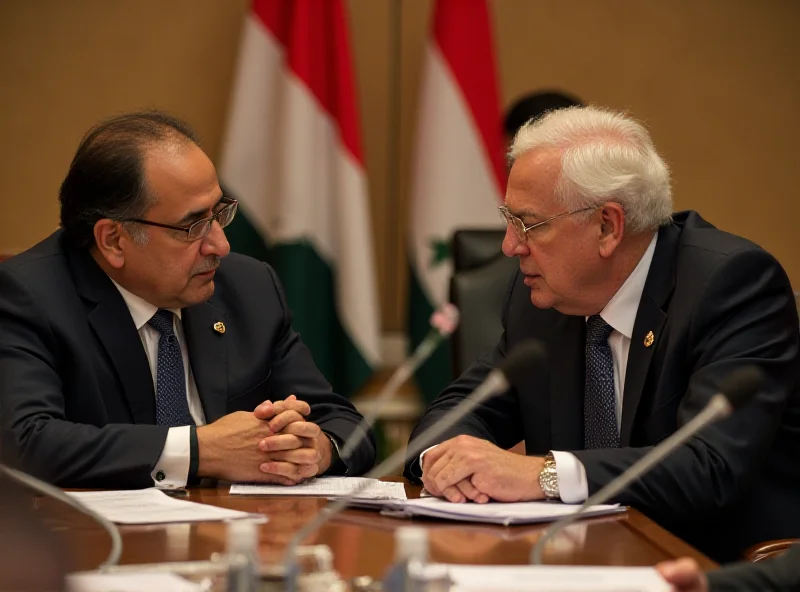The situation in Gaza remains tense as a complex interplay of political and humanitarian factors unfolds. Following the expiration of a six-week ceasefire, Israel has reportedly halted all humanitarian aid destined for the Gaza Strip, raising concerns about the well-being of the civilian population.
Humanitarian Crisis Deepens
The decision to block aid comes at a critical time, exacerbating existing challenges within Gaza. Access to essential supplies like food, medicine, and clean water is already limited, and the cessation of aid could have severe consequences. International organizations have voiced their concerns, urging all parties to prioritize the needs of civilians.

This decision coincides with ongoing discussions about the future of Gaza, with differing opinions on how to address the complex political and security landscape. Some, including retired U.S. military leaders, advocate for a more assertive approach, urging President Trump to support Israel in its efforts against Iran and its proxies. This perspective emphasizes the need to address regional security concerns.
A Plan for Rebuilding
Amidst the challenges, there is a glimmer of hope. Egypt has presented a comprehensive $53 billion plan to rebuild the Gaza Strip over five years. This ambitious initiative focuses on emergency aid, reconstruction of damaged infrastructure, and long-term economic development. President Sissi announced that the plan has been adopted by Arab leaders, signaling regional support for the effort.
“This plan represents a significant opportunity to improve the lives of the people of Gaza and create a more stable and prosperous future,” stated President Sissi. The plan is expected to create jobs and help Gaza become self sufficient.

The Path Forward
Egyptian President Abdel Fattah Al-Sisi has announced plans to organize a conference in Cairo in April to discuss the reconstruction of the Palestinian enclave. This conference aims to bring together key stakeholders to coordinate efforts and ensure the effective implementation of the reconstruction plan. Palestinian Authority President Mahmoud Abbas has indicated that his administration would be prepared to resume its responsibilities in the Gaza Strip if the Egyptian plan takes effect.

The success of the reconstruction plan hinges on several factors, including the sustained commitment of international donors, the cooperation of all relevant parties, and the establishment of a stable and secure environment. The coming months will be crucial in determining the future trajectory of Gaza.
The Arab League has also endorsed Egypt's reconstruction plan, further solidifying regional backing. The potential for the Palestinian Authority to resume control over Gaza represents a significant step towards long-term stability and self-governance.
